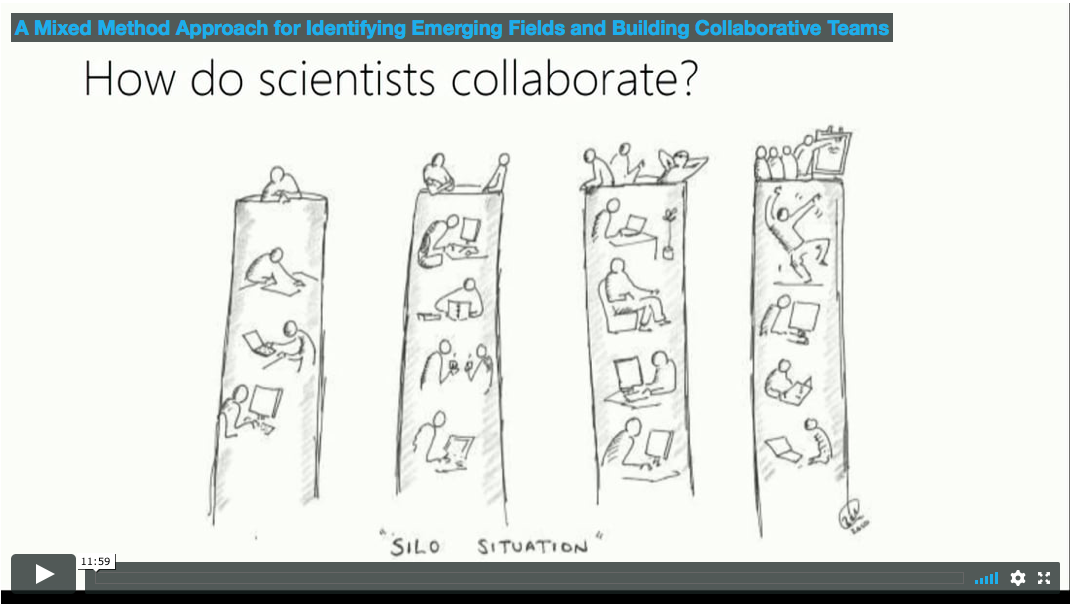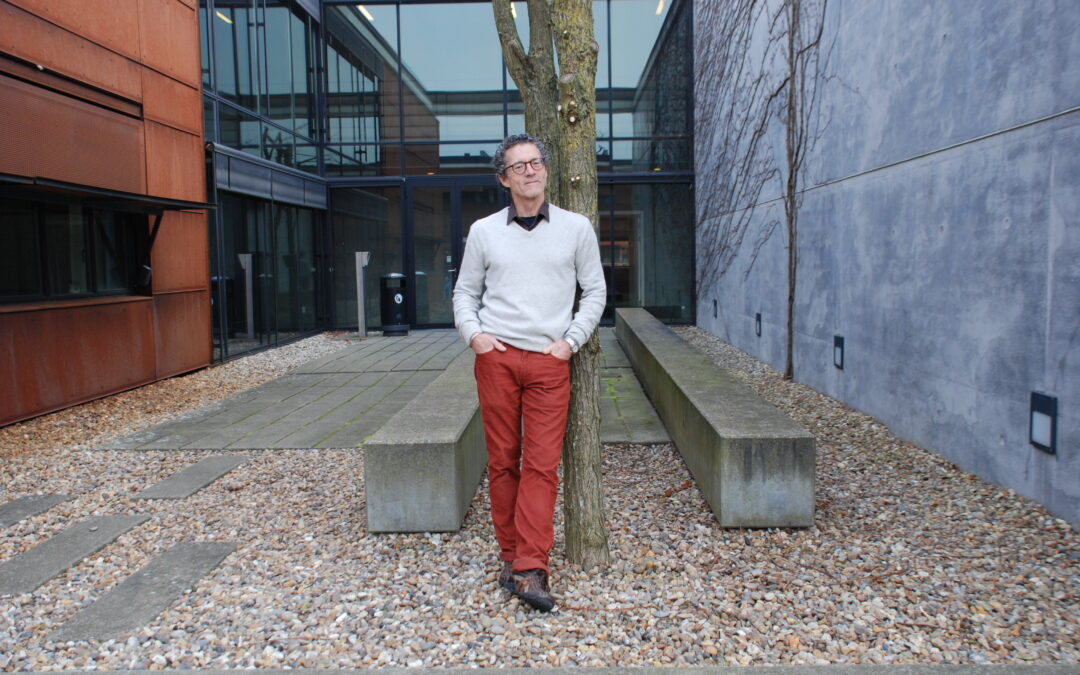Rapid innovation in science and technology has led to the development of new fields that transcend traditional disciplinary boundaries. Previous studies have retroactively examined the emergence of these fields. This paper outlines a mixed method approach for using network ethnography to identify...







